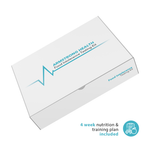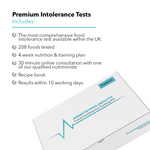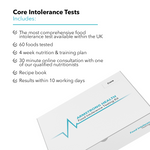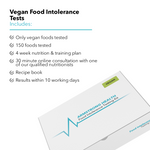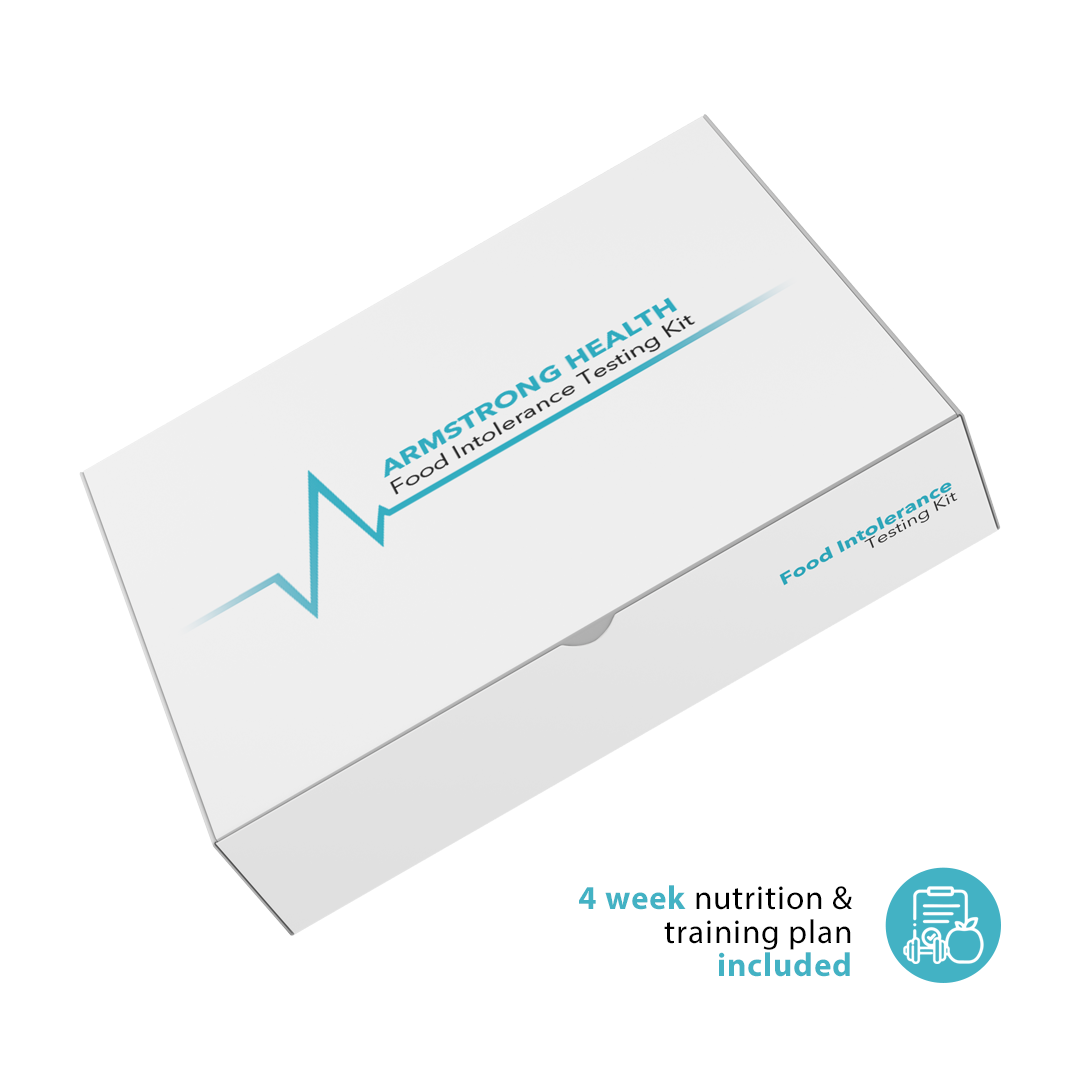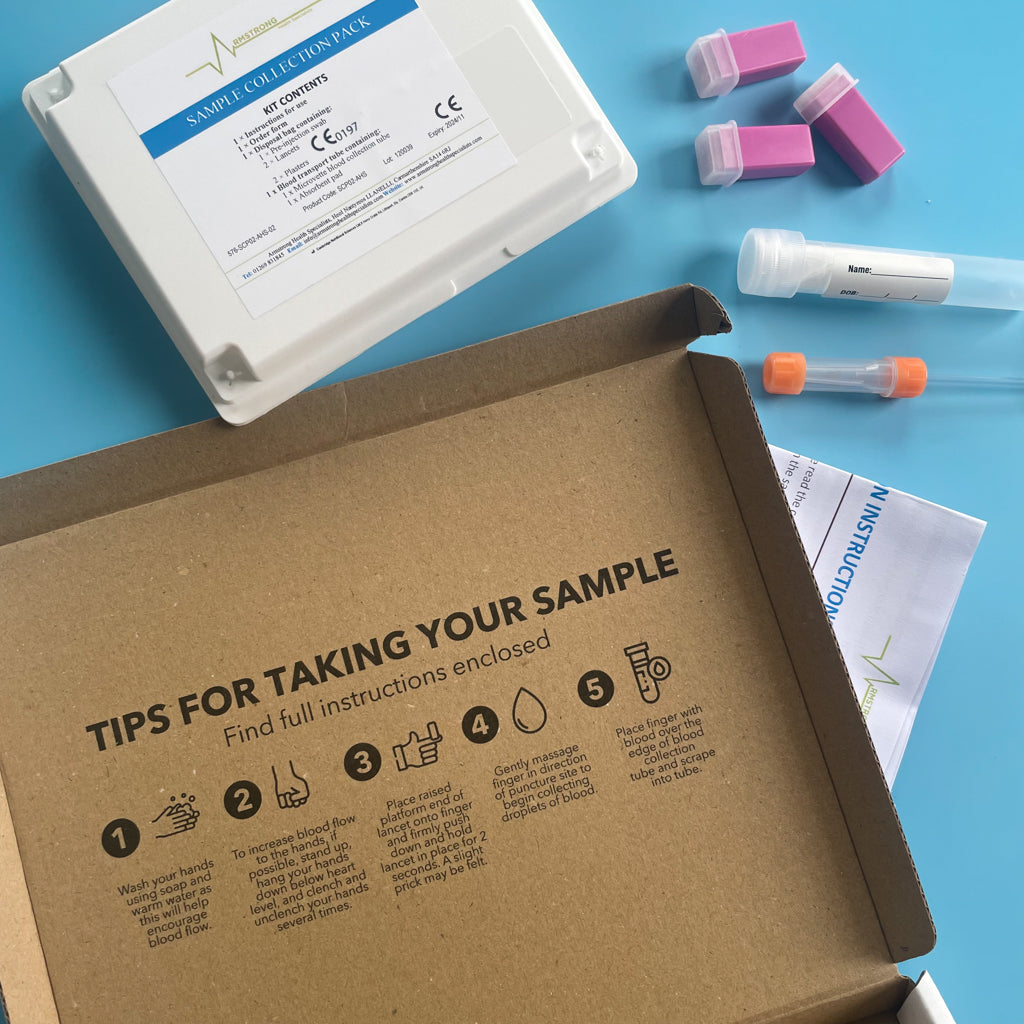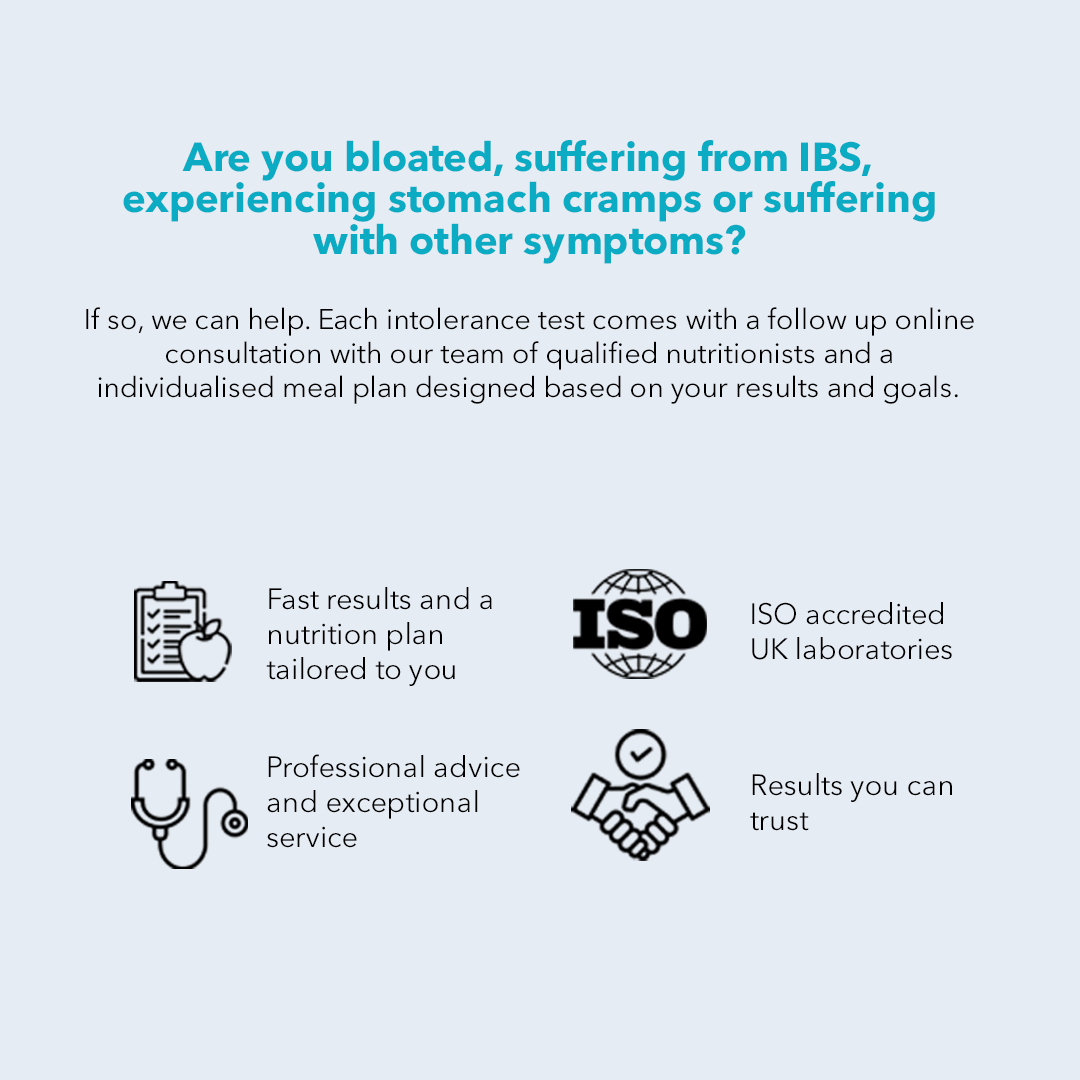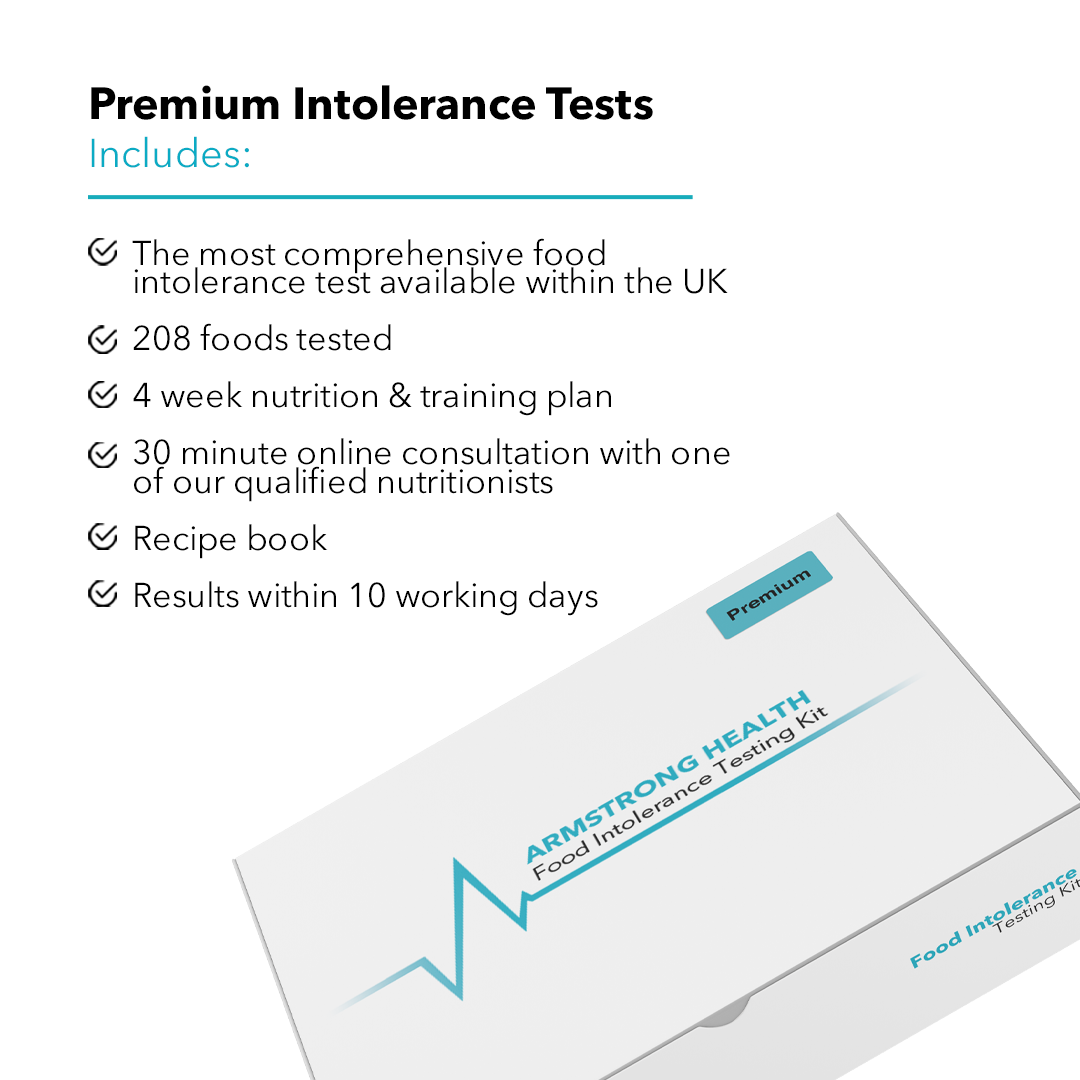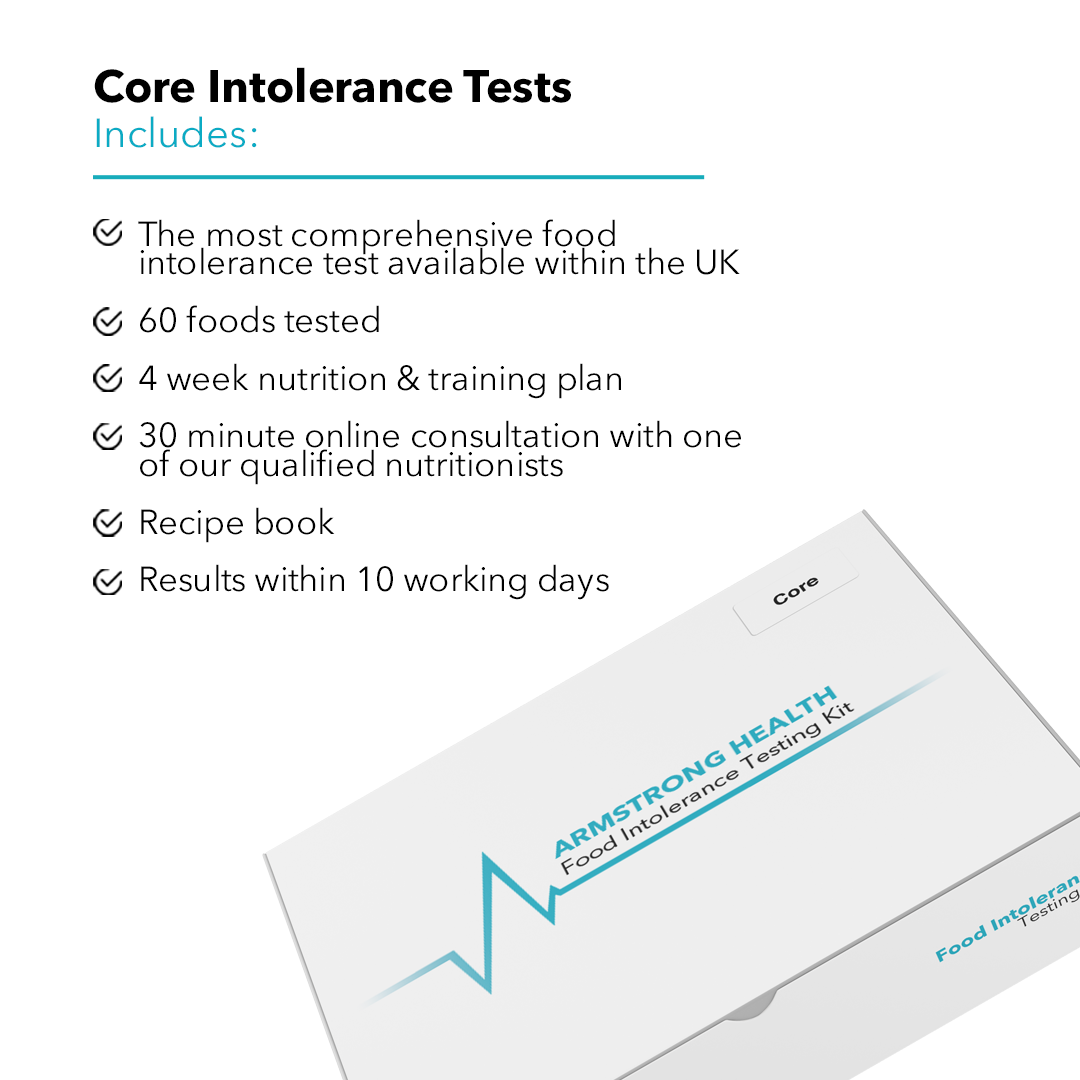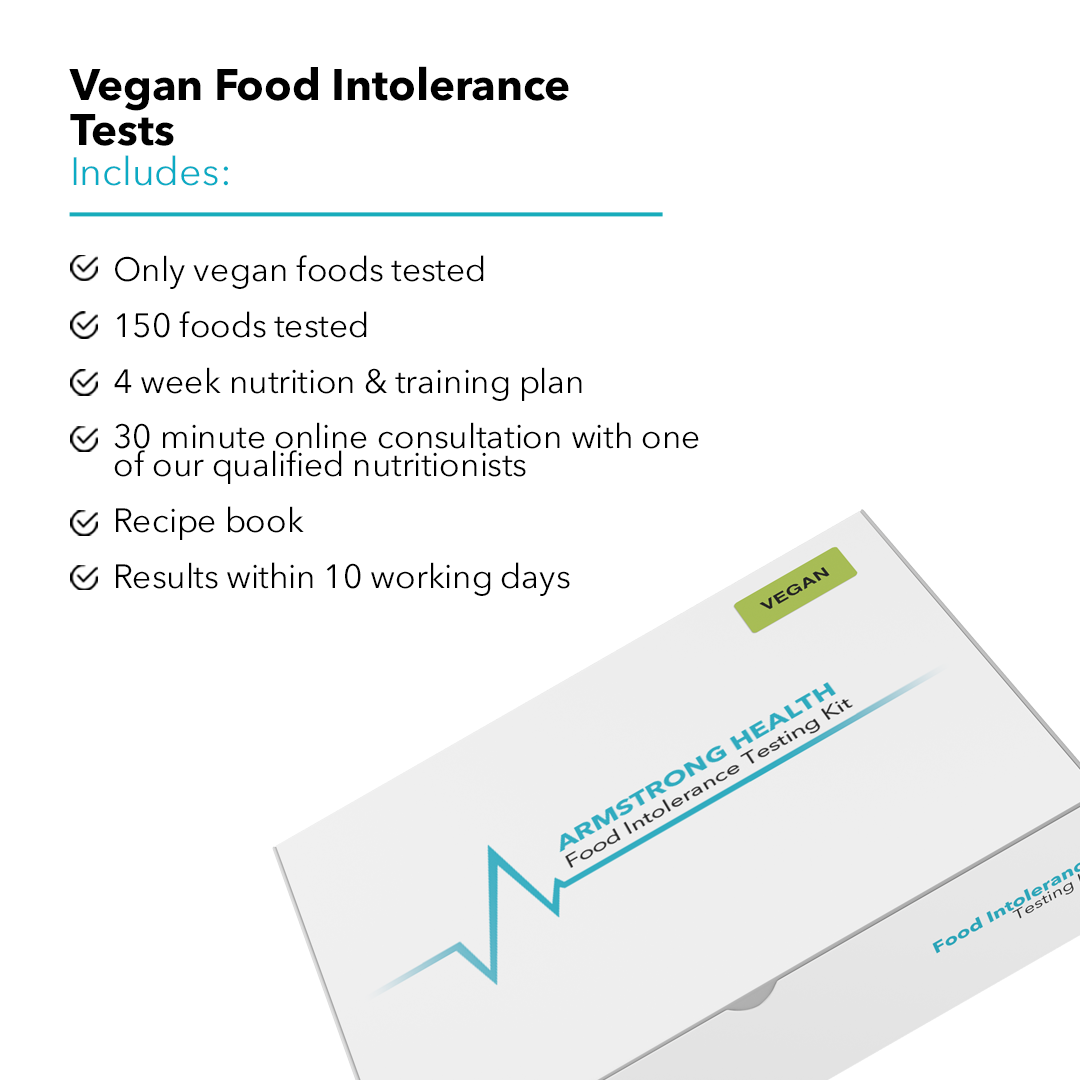The quest for clear, radiant skin is an ongoing pursuit for many individuals. While numerous factors can impact skin health, one often overlooked aspect is the potential link between food intolerances and common skin conditions, such as acne, eczema, and psoriasis. By identifying and addressing food sensitivities through food intolerance testing, individuals can gain insightful knowledge to help develop personalised nutrition and lifestyle strategies aimed at improving skin health and overall vitality. Armstrong Health offer comprehensive food intolerance and sensitivity tests, providing essential information on your specific dietary triggers that may be affecting your skin health.
Food intolerances can impact skin health through mechanisms like inflammation, the release of histamines, and nutrient malabsorption. These factors can contribute to skin inflammation, breakouts, and impaired skin barrier function. Comprehensive food intolerance testing can help reveal these dietary triggers, enabling individuals to address problematic foods and make informed decisions about their nutrition and skincare choices, leading to healthier, clearer skin.
Embark on the path towards improved skin health by understanding the potential link between food intolerances and common skin conditions. By leveraging comprehensive testing and personalised nutrition, you can unlock the secrets to a radiant complexion, boosting your confidence and overall well-being.
Food Intolerances and Skin Health: The Hidden Connection
The Relationship Between Food Intolerances and Skin Health
Investigating the potential link between food intolerances and skin health can reveal invaluable insights for individuals seeking to enhance their complexion. Several factors that may contribute to this connection include:
- Inflammation: Food sensitivities can prompt inflammation, which may exacerbate existing skin conditions or contribute to their onset, such as acne, eczema, or psoriasis
- Histamine release: Certain food intolerances provoke the release of histamines within the body, which can lead to skin reactions, including redness, itching, and swelling
- Nutrient malabsorption: Food intolerances may hinder the absorption of essential nutrients crucial for healthy skin, potentially impacting skin barrier function and overall health
Understanding and addressing food intolerances can provide essential knowledge for designing personalised nutrition and lifestyle plans targeted towards clear, healthy skin.
Comprehensive Food Intolerance Testing for Skin Health Improvement
Armstrong Health offer in-depth food intolerance and sensitivity testing services designed to help individuals uncover their unique dietary triggers that could be impacting their skin health. By employing a simple blood sample, individuals can receive detailed results, making informed decisions about their dietary choices and skin health strategies.
By understanding your unique food sensitivities, you can create tailored nutrition and skincare plans aimed at managing their impact on your complexion and overall skin health.
Personalised Nutrition Strategies for Clearer, Healthier Skin
Equipped with insights from comprehensive food intolerance testing, consider implementing the following recommendations into your tailored skin health nutrition plan:
- Eliminate or reduce trigger foods: Remove or limit consumption of identified food sensitivities to minimise inflammation, histamine release, and nutrient malabsorption
- Anti-inflammatory foods: Incorporate nutrient-dense, anti-inflammatory foods, such as leafy greens, fatty fish, and berries, into your diet to support skin health and counteract inflammation
- Hydration: Staying well-hydrated is crucial for overall skin health, as dehydration can negatively affect skin barrier function and appearance
- Nutrient-rich foods for skin health: Focus on consuming foods rich in skin-protecting nutrients like vitamins A, C, and E, zinc, and healthy fats
Adopting a personalised nutrition strategy tailored to addressing food intolerances and promoting skin health can contribute to a more radiant, youthful complexion.
Additional Lifestyle and Skincare Strategies for Enhanced Skin Health
Complementing food intolerance testing and personalised nutrition with a well-rounded lifestyle and skincare routine can further support skin health and overall wellness:
- Gentle skincare: Choose gentle, non-irritating skincare products formulated for your skin type and free from harsh chemicals or fragrances that might exacerbate skin conditions or reactions
- Sun protection: Protect your skin from harmful UV rays by applying broad-spectrum sunscreen daily and wearing protective clothing, as sun exposure can trigger inflammation and aggravate skin conditions
- Reducing stress: Chronic stress can exacerbate skin conditions and impair skin health; incorporating relaxation techniques, such as deep breathing exercises, meditation, or yoga, can help promote a sense of calm and balance
- Seek professional guidance: Consult with dermatologists, nutritionists, or other skincare professionals for personalised advice on managing food intolerances and optimising skin health
Integrating food intolerance testing, personalised nutrition, and a comprehensive lifestyle and skincare approach to skin health can empower individuals to take control of their complexion, ultimately enhancing confidence and overall well-being.
Embrace Food Intolerance Testing and Personalised Nutrition for Skin Health Success
Recognising the potential connection between food intolerances and skin health offers individuals valuable insights and tools to address the underlying triggers contributing to common skin conditions. With comprehensive food intolerance testing provided by Armstrong Health, you can uncover the dietary factors affecting your complexion and create personalised plans to enhance skin health and overall vitality.
Experience the benefits of the most reliable food intolerance test and personalised nutrition in your quest for clearer, healthier skin. By addressing food sensitivities and making informed decisions, you can regain control of your skin health, minimising the impact of problematic skin conditions on your daily life and boosting long-term confidence and well-being.




